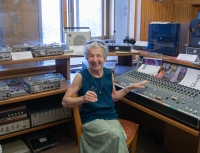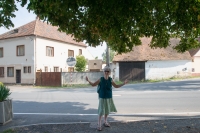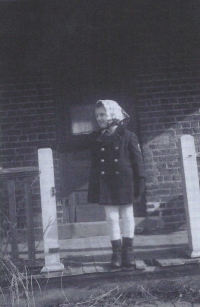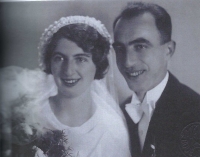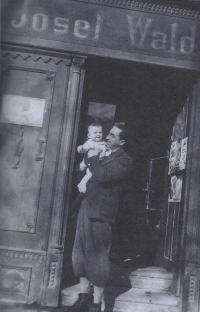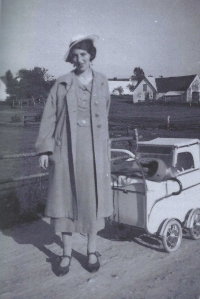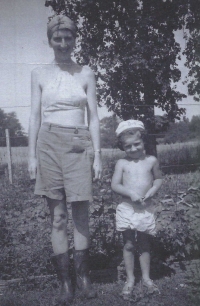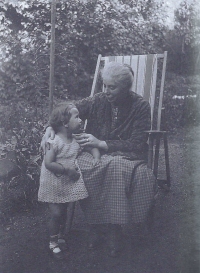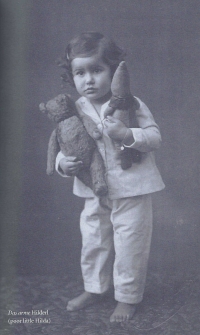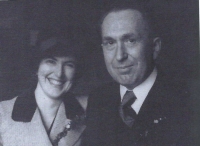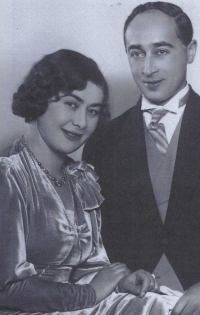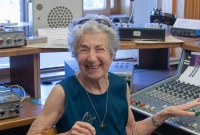The abysmal differences in society have always bred hatred, we should learn from this

Stáhnout obrázek
Helen Waldstein Wilkes was born on 3 August 1936 in Horní Stropnice (German: Strobnitz) in South Bohemia. She grew up in the loving arms of her parents on a farm in the Canadian countryside. She never really fit in with her peers because she was different from them in many ways: When she entered first grade, she didn‘t know a word of English. As an only child, she also had no other children around her and no adult relatives besides her parents and aunt and uncle. It wasn‘t until she was in her sixties that she discovered her father‘s old suitcase, which contained letters from relatives. So she embarked on a quest to discover their fates, which she compiled in her book The Letters From The Lost. She discovered that almost all of her extended family, including grandparents on both sides, uncles, aunts, cousins, had perished in the Holocaust. Helen‘s parents managed to flee the Sudetenland via České Budějovice, Prague and Antwerp to Canada. There, as immigrants, they undertook to work on a farm for five years. Feeling alienated, the witness turned to books, studied literature at McMaster University in Canada, then earned an M.A. from Middlebury College in the U.S., while spending a year on a scholarship at the Sorbonne in Paris. She received her PhD in French Renaissance literature from Wayne State University in Detroit. She has worked at various levels of American and Canadian education and was still professionally active at the time of the interview.
